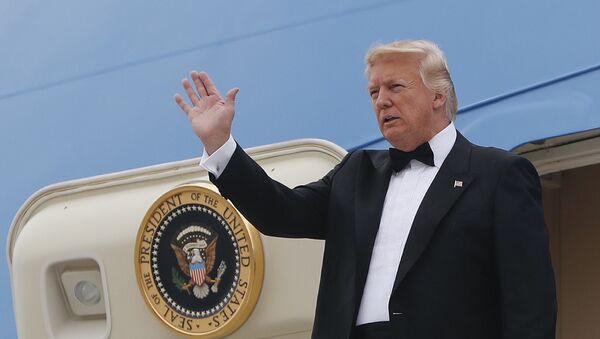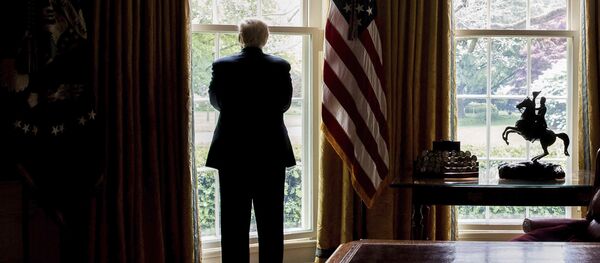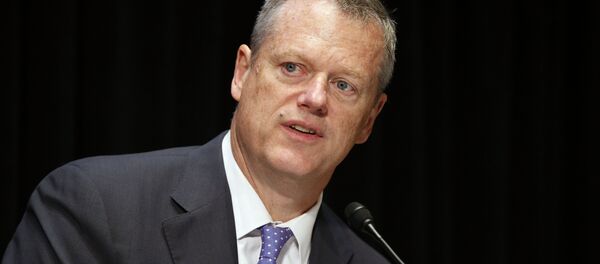"Trump’s pulling out of the Paris climate agreement was perhaps the most eloquent way he could have shown the world he’s serious about America First," Jatras stated.
Trump’s many critics like German Chancellor Angela Merkel viewed reducing carbon emissions and trying to prevent climate change not as a rational choice of policies but as a quasi-religious crusade or act of faith, Jatras observed.
"Let’s keep in mind that for [Trump’s] detractors abroad like Angela Merkel… to the carbon cultists in America, man-made climate change is not just a political opinion or even a scientific conclusion. It’s a deep, sincerely held item of faith," he said.
Trump’s pulling out of the Paris commitments pursued by his predecessor Barack Obama would shock and offend European leaders in the 28-naiton European Union and in NATO and would strengthen the forces leading to the dissolution of both institutions, Jatras predicted.
"To the extent it convinces the Europeans that they don’t share the same ‘values’ as America and it hastens the demise of NATO — good. I’m sure the Poles will be thrilled to sign up for Merkel’s German-led European army," he said.
Trump’s decision to withdraw from the Paris Accords set a precedent that could be followed by other major nations too, Jatras remarked.
"With the US perhaps other countries will quit as well. Maybe countries like China, India, and Russia that pay lip service to the climate change agenda with no real intention to follow through can breathe easier," he said.
Trump‘s action also served notice on other nations that he was serious about being prepared to face international anger and criticism for insisting that previous agreements and deals damaging to US interests be scrapped or renegotiated, Jatras pointed out.
Within the United States, anger at Trump’s move might even serve to distract his political enemies from their baseless accusations about his alleged collusion with Russia during the 2016 presidential election campaign, Jatras suggested.




